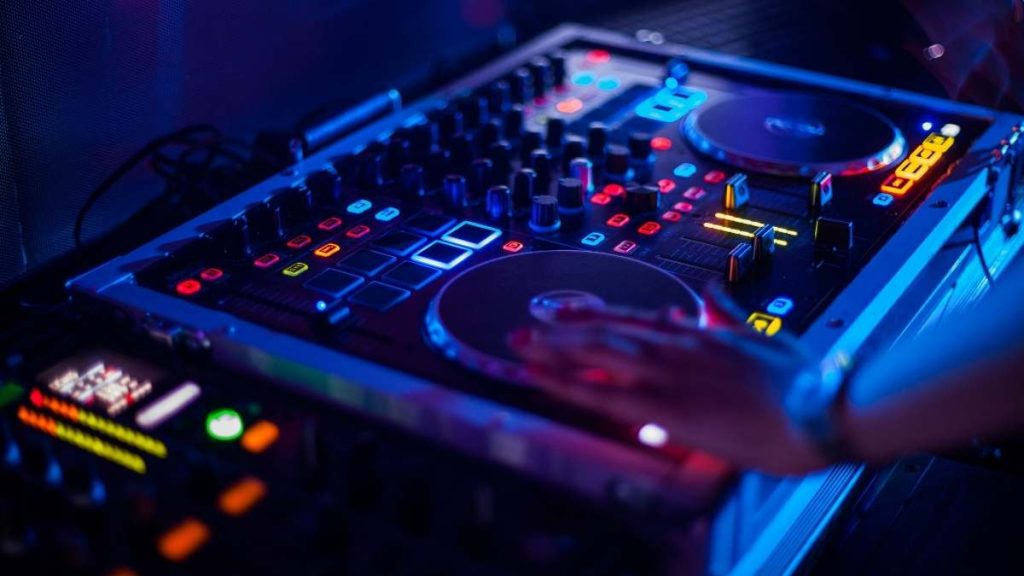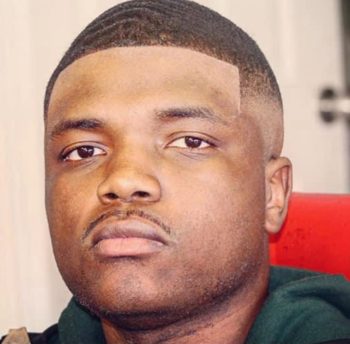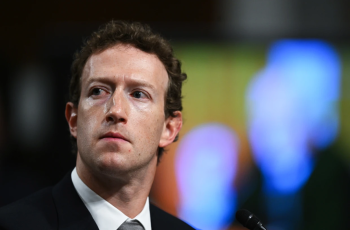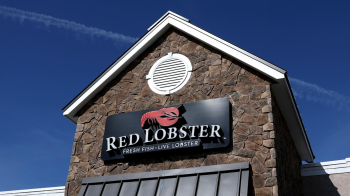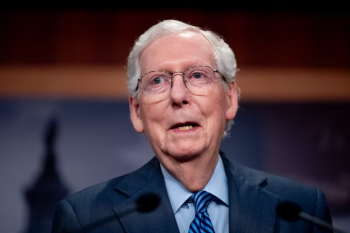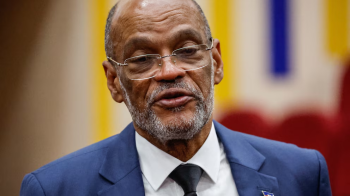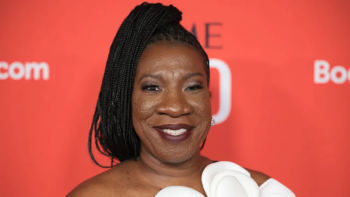The music industry is increasingly turning to Artificial Intelligence (AI). From creating unique lyrics to composing music, hip hop and rap artists are some of the pioneers in leveraging AI as a tool.
Let’s go over a few examples of how artists are using AI to enhance their creative processes and production.
5 Cases Where AI is Used in Hip Hop and Rap
The experimentation of artists and producers using AI is still in its early stages, but the results have been impressive.
Writing New Lyrics
Natural Language Processing (NLP) can be effectively used with machine learning to teach AI to write unique lyrics. However, it will require a vast amount of hip-hop data to enrich the vocabulary of AI. As writing music is strongly related to creativity, AI should also be taught about different use cases of the exact words to write something unique.
Lyricists are working in this field to create rare lyrics using AI, making their jobs way more effortless. But work has to be put into using AI to generate expected results. For example, lyricists and artists are responsible for feeding the emotion to the machine. And the tool will then produce lyrics that sound like humans wrote them.
Creating Tones and Beats
Lyrics (arguably) don’t hold as much weight in hip hop or rap genres as they used to. These are genres where tones and beats are the bones that make up every song.
Artists can train AI to identify different tones and beats. Then it can add rhythms to the target lyrics to compose a piece of music. Impressive right?
Artists have been working for years to teach different compositions to AI. This is a crucial step needed to make AI capable of identifying different genres and subgenres based on the composition. Different distinct rhythms should be in the memory of AI to implement them in future songs.
Music Production
Companies like DigiTrax Entertainment are using AI to conduct their music production process. From recording to mixing, everything is done by AI. For example, their KR38R Beats is an AI-powered music app that lets aspiring artists create their music. With this tool, artists can input their ideas and generate unique lyrics.
The company has also organized recording sessions where everything is managed using AI.
Market Analysis
Researching the market to know the latest trends in the industry is crucial for any artist to keep up with trends, competitors, and listener interests. AI can make this job more straightforward with its excellent market analysis capabilities.
AI marketing analytics tools will gather enormous data and process them to help make better decisions on reaching target audiences.
Expanding Music Creation Capabilities
Music production is a complex and expensive process for most. From writing lyrics to producing the final version, artists need to collaborate with a broad set of different professionals to ensure quality music production.
But AI is making the process a lot simpler. Artists of all levels can easily create lyrics, compose music, and record them with the least number of tools. This has made music production accessible for many beginner artists with little knowledge of music production. The AI controls the complex workflow in the background in most cases.
Conclusion
Traditional music production and artistry are becoming a thing of the past. Instead, we’ve escalated into data-driven and AI-driven cultures for nearly every business model, so it’s expected that music follows suit.
Hip hop and rap change and evolve constantly. The artists in these genres are some of the most prominent pathfinders from fashion to language and are savvy technologists. As their creativity grows, and as businesses find more ways to provide them with more flexibility, their tools will become even more sophisticated.

